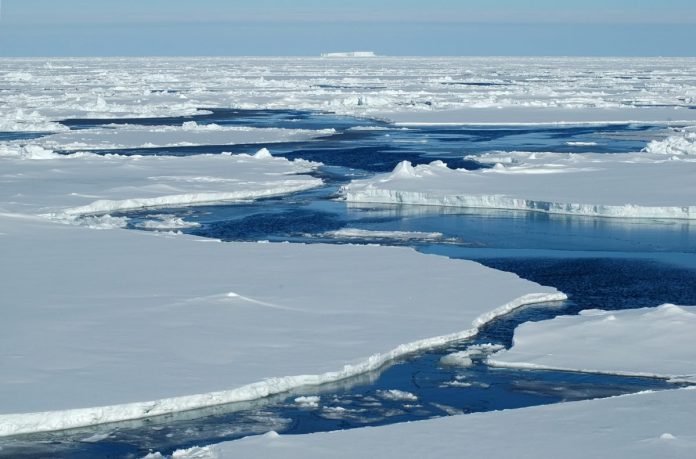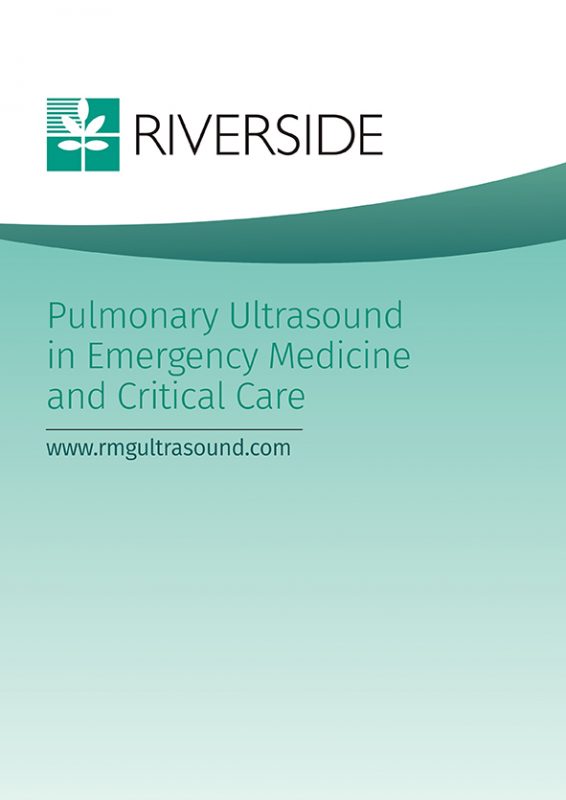Open Access Government produces compelling and informative news, publications, eBooks, and academic research articles for the public and private sector looking at health, diseases & conditions, workplace, research & innovation, digital transformation, government policy, environment, agriculture, energy, transport and more.
Home Search
knowledge - search results
If you're not happy with the results, please do another search
Innovative technologies help to lead healthier lives
Paul Rice, Head of Technology Strategy at NHS England outlines how innovative technologies are helping us to lead healthier and more independent lives.
Information technology is playing an increasingly pervasive and enabling role in many aspects of our lives, in a host of different ways. It keeps us connected to...
A global approach to sustainable soil management
Effective action is required to tackle soil degradation for our food security and sustainable development. Moujahed Achouri, Director of FAO Land and Water Division hosting the Global Soil Partnership sheds light on the efforts being made on an international scale on addressing sustainable soil management.
Soils constitute the foundation for...
Antarctic sea ice thicker than anticipated
Researchers have discovered that the sea ice surrounding the Antarctic is thicker than previous estimations.
Using groundbreaking 3D mapping, scientists analysed an area of ice spanning 500,000 metres squared.
In two expeditions led by scientists from the UK, USA, and Australia, the survey discovered that ice thickness averaged between 1.4m and...
Streamlining local government
Research shows that Buckinghamshire’s local government system would see savings of £20m a year by restructuring to one council, if politicians are brave enough – something the local business community crowd-funded £25,000 to discover. Guy Lachlan, Spokesman for Buckinghamshire Business Group, explains.
Devolution has never been as prominent in the...
The need for special education in biobanking
Tanja Macheiner, Berthold Huppertz & Karine Sargsyan from Biobank Graz explain the importance of knowledge transfer and education for the future of biobanking.
Human biospecimens in combination with their associated data derived from certified biobanks serve medical research in a pivotal way, leading to a better understanding of diseases and...
Wound Care – Challenges in the home care setting
Sebastian Probst, and Georgina Gethin at the European Wound Management Association outline the challenges of treating wounds in a home care environment.
The European Wound Management Association (EWMA) aims to promote best practice in wound management and to advocate for the rights of people with wounds, to receive the best...
A strong focus on internationalisation
Studying abroad can have great benefits to students, and here the Danish Agency for Higher Education details how the Danish government has launched an action plan to increase internationalisation.
More and more Danish students are choosing to participate in an exchange or internship programme in Europe. In the 2012/13 academic...
Agriculture and biodiversity –the importance of sustainable productivity
Gavin Whitmore, Biodiversity Manager at European Crop Protection Association (ECPA) sheds light on the global challenges that face the agriculture sector.
Farmers and an impressive array of agri food-chain actors provide us with a plentiful supply of safe, healthy and affordable food. European consumers, who are accustomed to this ready...
Innovative Bioproducts
Viscofan BioEngineering combines natural sciences and engineering to provide innovative bioproducts as new solutions for cell biology, tissue engineering and regenerative medicine. Viscofan BioEngineering is a business unit within the food industry Viscofan (MCE:VIS) which has its headquarters in Spain and an annual turnover of €800M. Our main operations...
Nanobiotechnology for Diagnostics Nb4D Group
The Nanobiotechnology for Diagnostics (Nb4D) Group belongs to the Institute of Advanced Chemistry of Catalonia (IQAC), one of the institutes of the State Agency CSIC (Consejo Superior de Investigaciones Científicas), and to the Biomedical Research Centre Network of Bioengineering, Biomaterials and Nanomedicine (CIBERBBN).
The group is led by Prof. M.-Pilar...
Planning for asbestos removal
The importance of planning for asbestos in construction work cannot be underestimated. Tracey Boyle – Chartered Occupational Hygienist and current Honorary Secretary of BOHS outlines many of the pitfalls in failing to plan for asbestos removal.
Often, when acting as an expert witness in civil litigation in relation to asbestos...
Department of Emergency Medicine – BRIPPED Project
Healthcare providers are challenged daily to rapidly diagnose and treat life threatening respiratory illness. Ultrasound is a non-invasive, rapid bedside tool that enables providers to quickly identify and treat undifferentiated shortness of breath. The BRIPPED project is a rapid, acute approach to using ultrasound in the evaluation of shortness...
Deafblind people often live in isolation
Marleen Janssen has held the world’s only chair of ‘Congenital and Early-Acquired Deafblindness’ since 2008. Thanks to her academic endeavours it is becoming more and more clear how lives of people who are both visually and hearing impaired can be improved. However, too little is being done for them...
Plant-based diet could reduce greenhouse gases
New research has revealed that diets high in sugar, fats, oils, and meat will increase greenhouse gas emissions by 80 per cent by 2050.
Scientists from the University of Minnesota have published research in the journal Nature that suggests the impact of climate change can be reduced by eating less...
Plants, Drugs, and Heterocyclic Chemistry
When thinking about heterocyclic chemistry it’s as interesting to consider where it came from as what it is and what it can do. Probably the most important origin of heterocyclic chemistry is compounds from plants and it’s their medicinal properties that first became significant. Most people will be aware...
Environmental challenges in the Polar Regions
Dr Jan-Gunnar Winther, Director of the Norwegian Polar Institute gives an overview of the environmental challenges facing the Polar Regions.
Scientific information from the Polar Regions boosts our knowledge of the environmental issues facing the world and is vital in order to grasp the challenges facing us, be it climate...
Eradicating cardiovascular diseases for good
Professor Joep Perk of Linnaeus University, and a member of the European Society of Cardiology, speaks to Editor Laura Evans about the importance of reducing cardiovascular diseases in Europe and how this can be achieved.
In Europe, cardiovascular diseases cause over 4 million deaths and over 1.9 million deaths in the European...
£1.8m funding to boost language education
A total of £1.8m funding from the government will see a series of new school-led programmes put into place to provide foreign language training for thousands of teachers...
Education Secretary Nicky Morgan announced that from this week schools across England will teach the new, more challenging languages curriculum. Languages for...
Economic Development It’s about place making
For those involved at a strategic level in economic development, place making as a tool is not new but its time is certainly now in view of the significant transformation towards a knowledge based economy which is taking place. The most important component of this transformation is a much...
A Warning to the World
Dr Jan-Gunnar Winther, Director of the Norwegian Polar Institute gives an overview of the environmental challenges facing the Polar Regions.
Scientific information from the Polar Regions boosts our knowledge of the environmental issues facing the world and is vital in order to grasp the challenges facing us, be it climate...

















